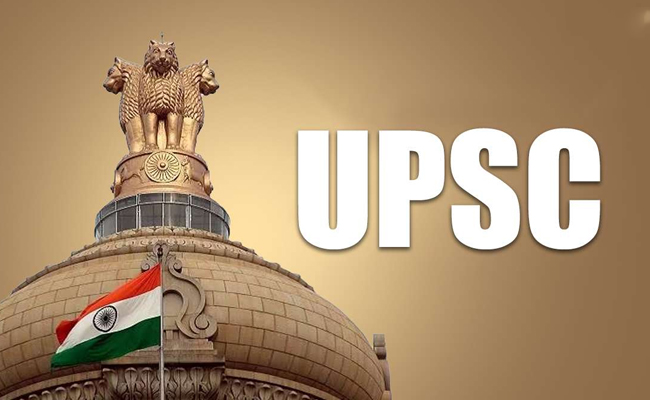New Delhi: The announcement of the UPSC Civil Services Examination results each year reignites debate over Muslim representation. This year, the concern has deepened: only 26 Muslim candidates made it to the final list out of 1,009—just 2.5%, despite Muslims constituting 14.2% of India’s population (2011 Census).
Historically, Muslim success rates in UPSC have hovered between 2% and 5%, with recent years showing fluctuations: 44 candidates in 2019 (5.3%), 29 in 2022 (3.1%), and 51 in 2023 (5%). The steep decline this year has raised red flags among educators, reformers, and the wider Muslim community.
Experts argue that the focus should shift from numbers to increasing participation. “If more Muslim aspirants attempt the exam, representation will naturally rise,” said one educationist. Participation, they say, is the key.
A beacon of hope emerged from Jamia Millia Islamia’s Residential Coaching Academy (RCA), where 32 out of 78 interviewed candidates cleared the exam—12 of them women.
Dr. Syed Zafar Mahmood, ex-bureaucrat and Sachar Committee member, shed light on broader systemic concerns. “The overall number of UPSC recruitments has dropped—from around 1,250 seven years ago to roughly 650 today,” he noted. The rise in lateral entries and an unsupportive environment, he added, further shrink opportunities.
Dr Mahmood advocated broadening focus to include state public service commissions and other government jobs requiring lower qualifications. He praised the Zakat Foundation of India (ZFI) for offering early mentorship and digital resources to potential candidates.
Former RCA Director Mohammad Tarique highlighted deep-rooted challenges: “Even though lakhs of Muslims graduate annually, very few aim for UPSC.” He blamed this on lack of coaching, low ambition, and weak preparation culture in many Muslim homes. He also criticized some Muslim institutions for lacking visionary leadership. Past successes at Jamia and Hamdard, he said, were fueled by dynamic figures like Syed Hamid and Najeeb Jung.
To reverse the trend, Tarique called for the establishment of residential coaching centres across India under strong leadership. “Muslim graduates must be motivated to compete in large numbers,” he stressed.
Prof. Saghir Ansari, former AMU-RCA Director, pointed to financial constraints and poor awareness that lead students toward traditional professions or quicker job routes. Many lack confidence or fear failure, he observed.
He recommended starting focused UPSC preparation from high school and emphasized encouraging female aspirants, who often show strong potential.
Experts agree that long-term reforms are crucial—building awareness, investing in quality coaching, and fostering a culture that sees civil services as a valuable career.
The path forward, they insist, lies not in despairing over low statistics but in strategic planning, mentorship, and mass mobilization.




